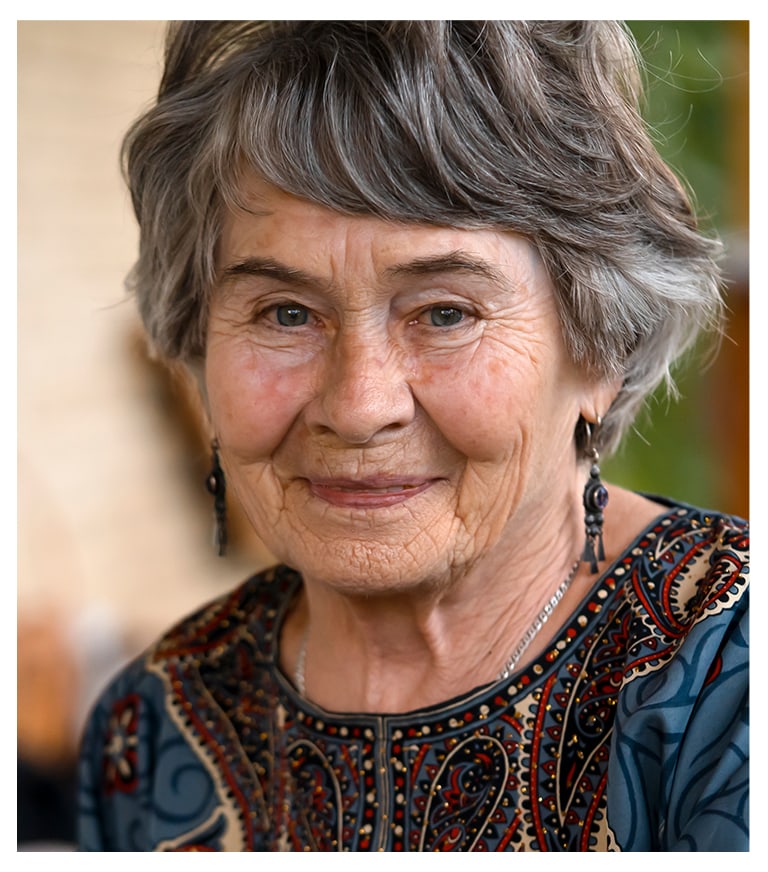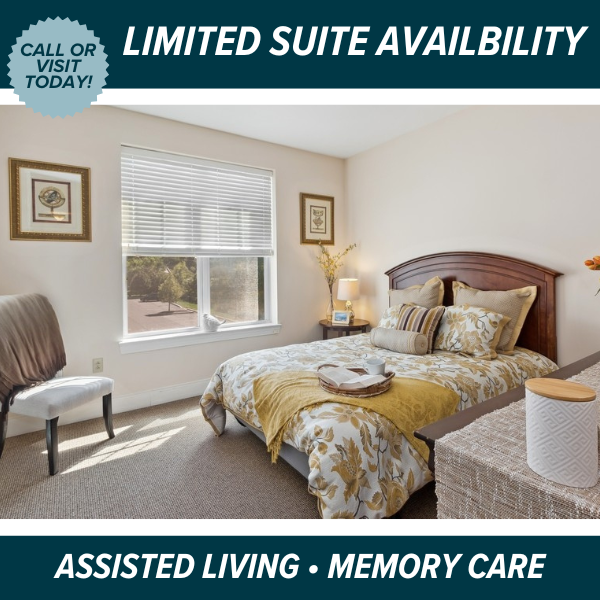Key Takeaways
- Understanding the difference between Alzheimer’s disease and dementia is crucial for families navigating memory care.
- While dementia is an umbrella term for symptoms affecting memory and cognitive function, Alzheimer’s is a specific, progressive brain disease and the most common cause of dementia.
- Both conditions require compassionate, informed care, and The Bridges at Warwick is here to help families find the support they need.
Alzheimer’s vs. Dementia: Understanding the Differences
When a loved one begins to show signs of memory loss or cognitive decline, it’s natural to feel overwhelmed. Terms like “Alzheimer’s” and “dementia” are often used interchangeably, adding to the confusion.
However, understanding the distinction between these two terms is an important first step in providing the right care and support, especially when deciding on a memory care community.
At its core, dementia is not a specific disease but a broad term used to describe a range of symptoms that affect memory, thinking, and social abilities. Alzheimer’s disease, on the other hand, is a specific brain disease and the most common type of dementia.
What Is Dementia?
Dementia is a general term that encompasses a variety of symptoms caused by damage to brain cells. This damage disrupts the cells’ ability to communicate, leading to changes in memory, reasoning, and behavior. While dementia is more common in older adults, it is not an inevitable part of aging. In rare cases, even younger individuals can develop early-onset dementia.
Common symptoms of dementia include:
- Memory loss that disrupts daily life
- Difficulty concentrating or solving problems
- Changes in language or communication skills
- Confusion about time or place
- Mood and personality changes
There are various types of Dementia, including Alzheimer’s disease, vascular dementia, and Lewy body dementia. Each type has unique characteristics, but all require thoughtful, specialized care.
What Is Alzheimer’s Disease?
Alzheimer’s disease is a progressive brain disorder that accounts for 60-80% of dementia cases. It is characterized by the buildup of abnormal proteins in the brain, which form plaques and tangles that interfere with cell communication. Over time, this damage leads to the death of brain cells, causing symptoms to worsen.
Unlike dementia, which is an overarching term for a set of symptoms that impact memory and thinking, Alzheimer’s is a specific disease with distinct stages. Early symptoms may include mild memory lapses, such as forgetting recent conversations or misplacing items. As the disease progresses, a person may experience:
- Difficulty with visual and spatial abilities, such as judging distances or recognizing objects.
- Trouble finding the right words or following conversations.
- Inability to perform familiar tasks or retrace steps.
- Significant personality and mood changes, including increased anxiety or apathy.
While age is a significant risk factor, Alzheimer’s is not exclusively age-related. Early-onset Alzheimer’s can affect people in their 40s or 50s, often going undiagnosed until symptoms become more pronounced.

Caring for a Loved One with Alzheimer’s or Dementia
Caring for someone with Alzheimer’s or dementia can be both rewarding and challenging. While there is no cure for these conditions, there are practical steps you can take to support your loved one and improve their quality of life.
Here are some strategies to consider:
- Establish a routine: Consistency can help reduce confusion and anxiety. Create a daily schedule that includes meals, activities, and rest periods.
- Simplify choices: Offer limited options to make decision-making easier. For example, ask, “Would you like tea or water?” instead of “What would you like to drink?”
- Be patient and flexible: Tasks may take longer, and plans may need to change. Approach each day with patience and a willingness to adapt.
- Ensure safety at home: Remove tripping hazards, lock away dangerous items, and adjust water temperature to prevent burns.
- Encourage engagement: Activities like listening to music, looking through photo albums, or enjoying a short walk can provide comfort and connection.
Don’t Forget to Care for Yourself
As a caregiver, it’s easy to prioritize your loved one’s needs over your own. However, neglecting your well-being can lead to burnout, making it harder to provide effective care.
Take time to recharge, whether it’s through a short walk, a coffee break with a friend, or a few hours of respite care. The Bridges at Warwick offers short-term care options, giving families the opportunity to rest while ensuring their loved ones receive professional, compassionate support.
When to Consider Memory Care
There may come a time when caring for a loved one at home becomes too overwhelming or unsafe. Memory care communities, such as The Bridges at Warwick, are specifically designed to meet the unique needs of people with Alzheimer’s and dementia.
These communities provide:
- Secure environments to prevent wandering
- Staff trained in memory care techniques
- Opportunities for social engagement and meaningful experiences
- Assistance with daily tasks, such as bathing, dressing, and medication management
Choosing memory care is a deeply personal decision, but it can offer peace of mind knowing your loved one is in a supportive, understanding environment.
Your Partner in Memory Care
Navigating Alzheimer’s or dementia can feel isolating, but you don’t have to face it alone. The Bridges at Warwick is here to provide guidance, support, and compassionate care for your loved one.
If you’re exploring memory care options, we invite you to reach out to our team. Schedule a visit to our community to see firsthand how we create a safe, engaging, and respectful environment for residents.









